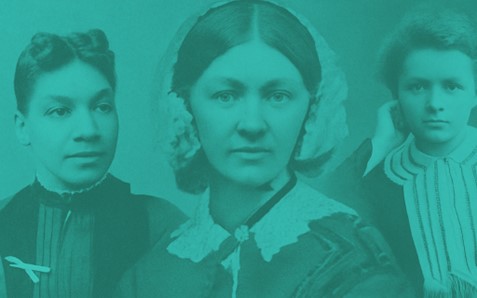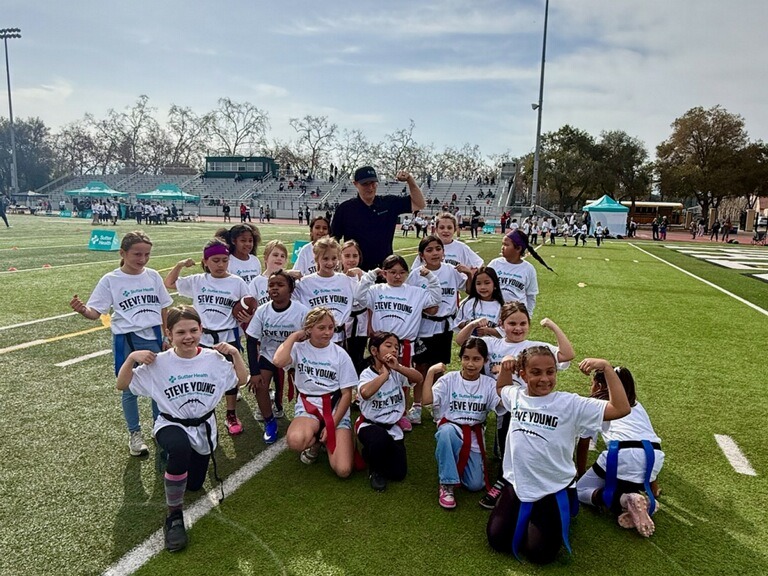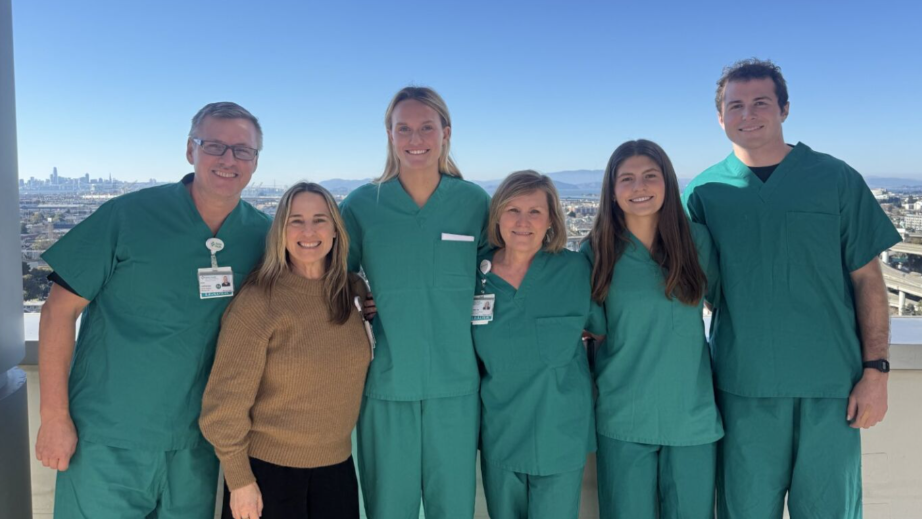Pictured are three women pioneers in medicine: from left, Rebecca Lee Crumpler, Florence Nightingale and Marie Curie.
Here’s what’s driving four women clinicians at Sutter Health to lead and inspire
By Julia Jones and Shawn Kramer, Vitals contributors
When leading women in medicine like Marie Curie, Florence Nightingale and Rebecca Lee Crumpler pioneered game-changing medical advances they were among a handful of women pursuing careers in the life sciences. As of 2023, women comprised 55% of U.S. medical students and 45% of medical school faculty, highlighting their growing influence in graduate medical education. In the physician workforce, women now represent about 38% of all practicing doctors, with female-majority specialties including pediatrics, obstetrics and gynecology, and diabetes and endocrinology.
This Women in Medicine Month, we’re proud to honor some of the women at Sutter Health who are driving clinical excellence, shaping the future of healthcare and inspiring the next generation of women poised to lead in medicine, science and medical education.
Dr. Anne Marie Barrette, principal investigator and lead brain cancer researcher at Sutter’s California Pacific Medical Center Research Institute

Dr. Anne Marie Barrette
Q: What first inspired you to pursue medicine and specialize in neuro-oncology and brain tumor research?
A: In elementary and middle school, I saw my grandmother suffer from severe rheumatoid arthritis before she passed away when I was ten. My curiosity to understand the illness took me from science fair projects on autoimmune diseases to summer lab work and degrees in biology and biomedical sciences. I shifted to neuro-oncology in 2015 when I joined a lab studying glioblastoma, the most common and aggressive brain tumor. Since then, I’ve focused my career on brain tumor research.
Q: Women in Medicine Month is about celebrating pathways that open new doors for women to enter this profession. Looking back, what advice would you give your younger self as you entered the field?
A: Stay curious and don’t be afraid to ask questions. As women, we sometimes hold back to prove we belong, but asking questions is how we grow. I started speaking up more in grad school and realized others often had the same questions I did. Scientists love talking about their work, no matter how simple the question may seem.
Q: Looking ahead, what excites you most about the next chapter of your research and the field of medicine
A: We do research to expand knowledge, but ultimately to find better treatments. I always think about patients as I study how brain tumors work and how to fight them. I love solving puzzles, and science is full of surprises. Through the Cancer Avatar Program and tumor donations from patients, each experiment helps us better understand what makes each tumor unique and how it responds to treatment so we can help Sutter physicians better care for patients with brain cancer.
Dr. Dineen Greer, vice president and designated institutional official for medical education
Q: What does it mean to you to serve in this role as a woman leader in academic medicine?
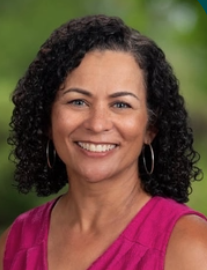
Dr. Dineen Greer
A: As I reflect on Women in Medicine Month, I’m reminded of how deeply meaningful my role and work at Sutter is. It’s a privilege to be a role model for other women – particularly working mothers – as I’ve built my career while raising three amazing children. I hope my journey inspires others to pursue leadership while embracing the fullness of both professional and personal life.
Q: Who have been the most influential mentors in your career, and how have they shaped the way you support and guide residents and fellows?
A: My first and most influential mentor was my mother, a nurse who strongly encouraged me to become a physician because she wanted her daughter to “be in charge.” Throughout my career, the best mentors have been those who offered the kind of support you’d expect from a parent—combined with honest, timely feedback that helped me grow. That’s exactly how I aim to support our residents and fellows: with encouragement, accountability, and a genuine investment in their success.
Q: If you could share any advice with women entering medicine today, what would you tell your younger self, or them about navigating the journey?
A: Never lose sight of the privilege it is to be a physician. The journey is demanding, but few professions offer the trust and intimacy of walking with people through their most vulnerable moments. Women have always shaped medicine, and our impact continues to grow. As a mother of three, I’ve felt the weight of “mommy guilt” – long hours, exhaustion, and the struggle to be present. These experiences shaped my leadership to prioritize reflection and help others find work-life integration that aligns with their values.
Dr. Jill Foley, obstetrician and gynecologist, chair of Sutter’s Women’s Health Service Line

Dr. Jill Foley
Q: What inspired you to become a physician, specifically one who treats women?
A: I started college without a clear career path, but a public health class sparked my interest in medicine. Volunteering at Sutter’s Alta Bates Summit Hospital and Planned Parenthood deepened my commitment to women’s health, especially as I supported friends through difficult experiences. In medical school, I found my calling in OBGYN – drawn to surgery, relationship-building, and the courage to have tough conversations with women.
Q: Were there people in your life who encouraged your career goals and aspirations?
A: In the early days of my career, I was forging my own path – something my family didn’t fully understand. When things got tough, my now-husband, then boyfriend, was one of my first champions, encouraging me to keep going because he believed I could do it. I also built deep, lasting bonds with my residency classmates, who saw strengths in me that I hadn’t yet recognized in myself.
Q: What advice might you give to a girl or young woman who’s interested in a career in medicine?
A: Seek out mentors early, and don’t be afraid to ask questions – especially about what inspires others and what their day-to-day work looks like. Knowing your “why” is essential, because the work is hard – but when it aligns with your purpose, it’s absolutely worth it.
Dr. Nobl Barazangi, neurologist, chief of stroke for Sutter’s Neuroscience Service Line
Q: When did you realize you wanted to pursue a career in medicine, historically a male-dominated field?
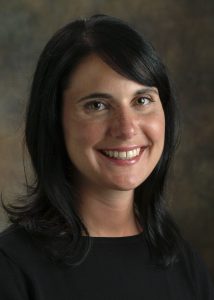
Dr. Nobl Barazangi
A: I knew by middle school that I loved science and math, but also being around people. My parents encouraged me to explore healthcare, and volunteering as a candy striper in high school sealed the deal; I was fascinated by the work of ER doctors and nurses. While I didn’t feel gender bias early on thanks to strong role models, those challenges became more visible as I moved into leadership – but I’m heartened by today’s growing awareness and progress.
Q: What do you find most rewarding about practicing neurology?
A: Neurology constantly pushes us to think deeply, solve complex problems, and explore what makes us human. I also find great satisfaction in identifying and quickly treating conditions – especially in stroke and neurocritical care, where the patient impact can be immediate and profound. The teamwork and system-building in stroke care are especially rewarding, as we see real results from collaboration.
Q: If you could go back in time, what advice might you give yourself while in med school or early in your career?
A: Sleep more! In all seriousness, carve out time regularly to reflect on your goals, your legacy and your purpose – both in the big picture and in daily decisions. Staying connected to your “why” helps guide your path and sustain you through the challenges.

